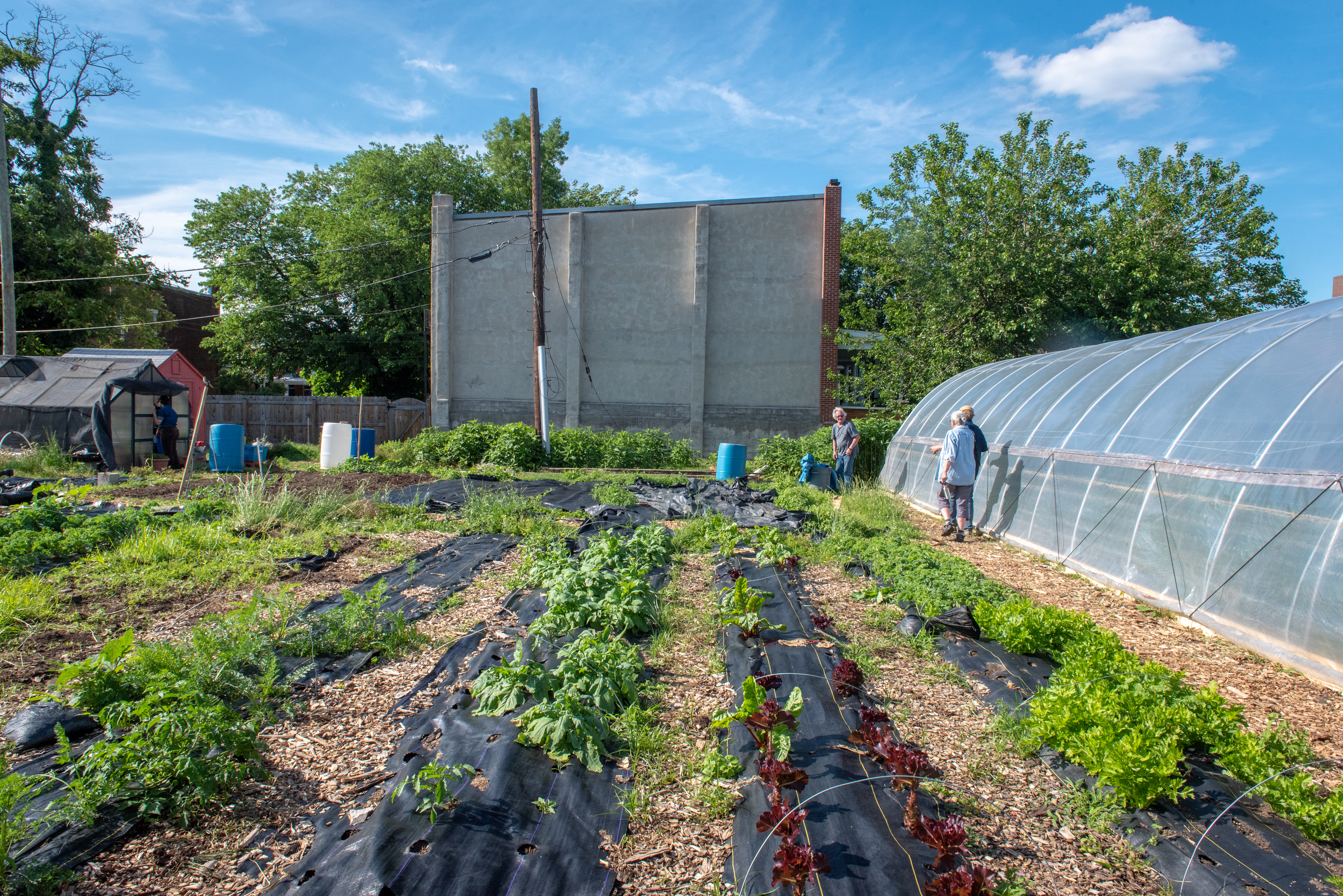Olivia Scuderi is an undergraduate student at the University of Maryland and guest contributor to this blog.
Farm Bill briefings are a critical process in preparing and evaluating current issues in agriculture. The Environmental and Energy Study Institute (EESI) hosted a briefing on June 21 in the Russell Senate Office Building with four diverse panelists. Speakers consisted of Samantha Levy, Eileen Shader, Paola Carrero, and Bennae Calac. Each touched on a different topic of conservation in the upcoming Farm Bill. Legislators should highly consider the proposals made by these panelists and utilize them for policy development in the 2023 Farm Bill.
Samantha Levy is the Conservation and Climate Policy Manager for the American Farmland Trust. Levy advocated for an active change in the Farm Bill’s attention to soil health. Levy mentioned that “soil health practices promote resilience.” Her ability to display the strengths and weaknesses of the cover crop program led to her recommendation for more funding, along with her other proposed solutions, such as bolstering existing conservation programs at the USDA. The Farm Bill Law Enterprise policy solutions include similar recommendations in line with Levy through the funding of USDA conservation programs. Levy’s presentation was a solid start to the panel’s climate change and agricultural resilience issues.
Eileen Shader, Director of River Restoration, at the American Rivers organization addressed how farmers utilize our natural water sources. Shader emphasized with increasing extreme weather and flooding, farmers need help to protect their land via easements. Shader explained the need for funding for floodplain easements due to their separation from wetland conservation programs. Shader mentioned over 2,512 flooding-related agricultural disasters in the upper Mississippi River basin with only one federally-funded floodplain easement plan. The Farm Bill should provide funding to bolster programs addressing floodplain easements .
Paola Ivette Bonilla Carrero, Agronomist from Puerto Rico and member of the Hispanic Access Foundation’s Latino Climate Council discussed challenges in implementing the complex practice of Agroecology. Carrero discussed how Agroecology should be applied as a common practice to Puerto Rican farmers through proper support from federal programs such as the USDA Puerto Rico Farm Service Agency. Bennie Calac, President of Onoo Po Strategies, advocated for a seat at the table for tribal communities regarding conservation efforts made by the Farm Bill. Tribes need to be supported by non-governmental organizations to advocate for proper funding via the Farm Bill. Both speakers emphasized the need for communication between all interests group in the Farm Bill and educating legislative staffers on the barriers and needs of those facing adversity in agriculture.
After the panelists were finished presenting their proposals, a lightning round question was asked to the group. The question was, “If you could change one thing with existing programs, what would it be?”. Levy emphasized building more engagement through programs, like the farmer-to-farmer movement that could develop the capacity for a more robust network. Shader emphasized that legislators must make it feasible for farmers to recover losses from flooding. Carrero promoted the inclusion of Puerto Rican farmers in the census to bridge a better connection between USDA and Puerto Rico which would, in turn, help support marginalized groups. Calac advocated for better holistic approaches to these programs and a grassroots effort to solve issues being addressed in the Farm Bill. Each panelist brought their perspective on how pre-existing programs should be made better through the Farm Bill.
The Farm Bill Law Enterprise works to address these issues through conservation efforts in the Climate and Conservation report and makes recommendations based on research conducted. Recommendations include improving programs with more funding to provide better outreach for all farmers, especially those in marginalized groups. Panelists recommend their audience to advocate for communication between farmers and conservation efforts.
Access the live stream here for more on this briefing and other briefings regarding the upcoming Farm Bill.
The views and opinions expressed on the FBLE Blog are those of the authors and do not necessarily reflect the official policy or position of FBLE. While we review posts for accuracy, we cannot guarantee the reliability and completeness of any legal analysis presented; posts on this Blog do not constitute legal advice. If you discover an error, please reach out to contact@farmbilllaw.org.


